KEYNOTE SPEAKERS

Asta Sihvonen-Punkka
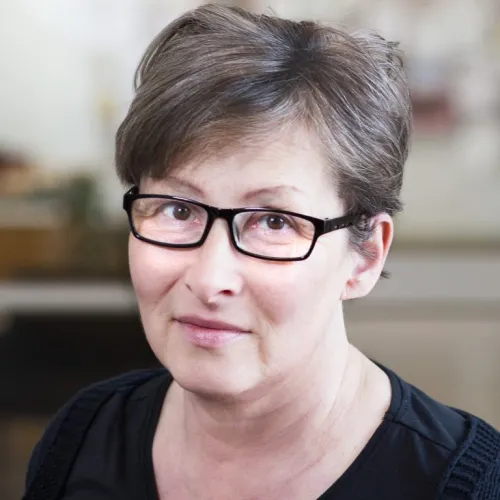
Eva Heiskanen
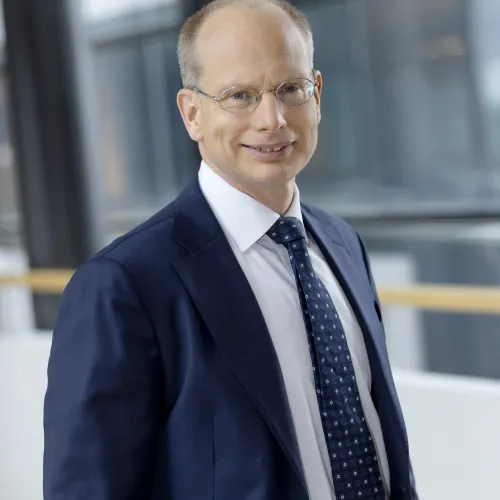
Håkan Agnevall
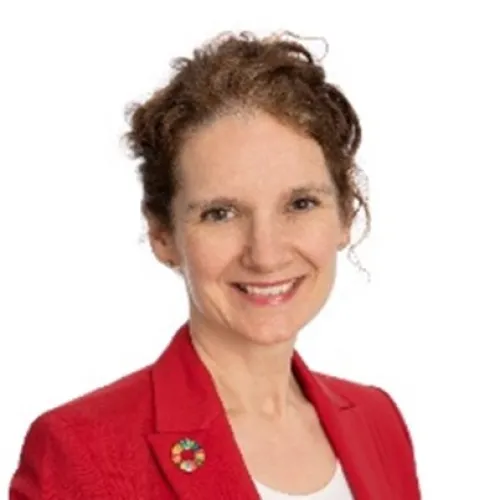
Lina Bertling Tjernberg

Outi Ervasti

Pierre Pinson

Simo Säynevirta

Nils Torvalds
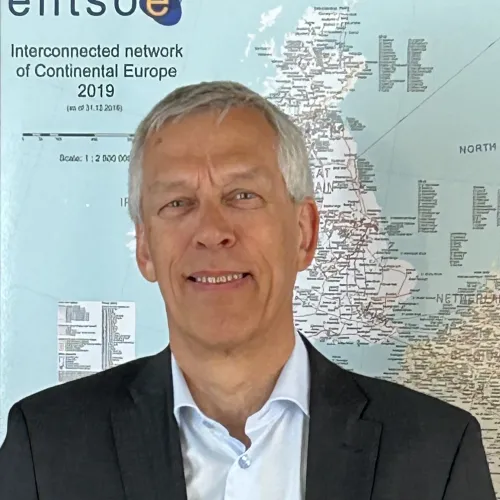
Gerard Doorman
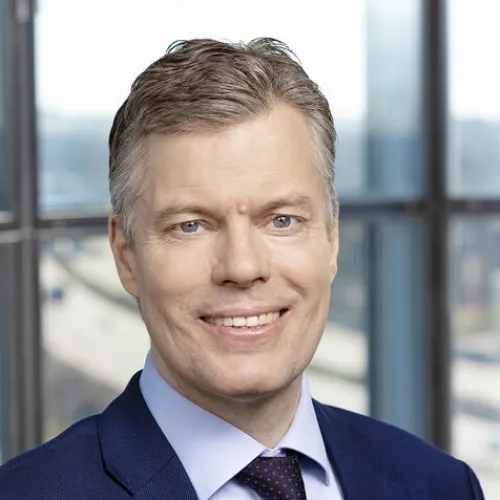
Markus Rauramo

Liana Jo Ault
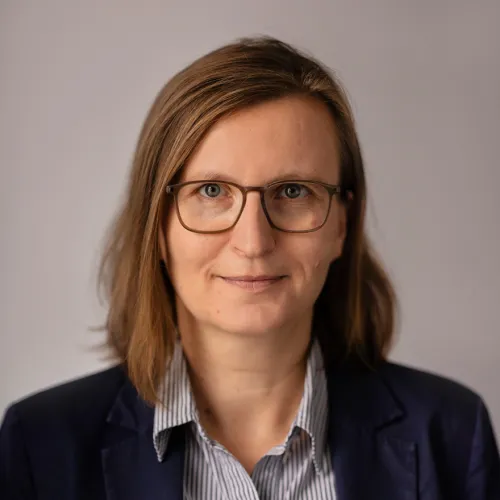
Anne Neumann
SPECIAL SESSIONS
DRIVE2X
The cross-sectoral role of bidirectional EV charging in European smart cities: A snapshot into 2050
Global EV sales across all transport modes have grown steadily over the last decade, despite the COVID-19 pandemic and resulting negative impacts in overall car sales. The shift to electromobility is gaining momentum and expert predictions place the worldwide EV stock in 2050 to be somewhere between 700 million and 1.1 billion units.
However, the upscaling of mainstream technical approaches to EV charging can have a negative impact on the power system. The shift to mass electromobility will need advancements in digitally controlled smart charging and technological breakthroughs in EV charging solutions. Bidirectional charging, in particular, can provide the power grid with much required energy flexibility, which could be leveraged in vehicle-to-grid (V2G), vehicle-to-building (V2B), or vehicle-to-home (V2H) scenarios.
How will the EV charging landscape look like in 2050? What will be the role of bidirectional charging technologies? And how will the mobile citizens interact in the future electric mobility ecosystem?
This workshop, brought to you by the DriVe2X EU project team, will gather electricity markets and mobility experts from Industry and Academia, as well as Civil Society representatives to discuss cross-sectoral visions of a better future centered on clean mobility.
More info: www.DriVe2X.eu and DriVe2X@lut.fi
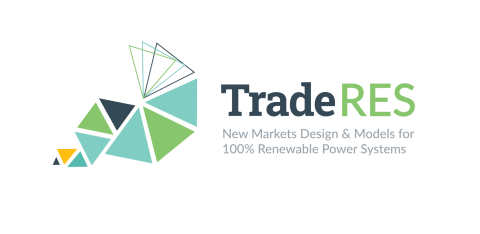
TradeRES
New Markets Design & Models for 100 % Renewable Power Systems
The TradeRES project develops and tests innovative electricity market designs aiming to meet society’s needs of a (near) 100% renewable power system. A long-term sustainable market design needs to operate efficiently and provide investment incentives for an electricity system, which is characterized by having a high share of variable renewable energy sources (vRES). Such is achievable by increasing integration with other energy sectors, e.g., transport and hydrogen, and by increasing participation of flexible electricity demand from households to industrial consumers.
Furthermore, these market designs need to provide security of supply by ensuring sufficient controllable electricity generation capacity whilst being economically efficient. Finally, despite the variability of solar and wind energy, the market risks should be allocated in an efficient and socially accepted way, while safeguarding consumers from being exposed to extreme swings in their energy expenses.
In this sense, the TradeRES Special Session will present the project’s findings and achievements so far. The session comprises two parts. The first part will introduce electricity market models and case studies from local energy communities to the Pan-European wholesale market. The second part will focus on demonstrating the modelling of new market designs towards a (near) 100% renewable energy system.
For more information: https://traderes.eu
CiRCLETECH
CiRCLETECH project will be raising the scientific excellence of the cooperating partners, the University of Miskolc, Technische Universiteit Delft and Lappeenranta–Lahti University of Technology in the field of sustainable circular economy research, to form a long-lasting Research Hub, across Northern Hungary. The creation of the Research Hub on Sustainable Circular Economy (CiRCLETECH Hub) will provide the basis for future cooperation and operation of a regional excellence centre creating a meaningful impact on the regional and national level on the circular economy, but also on involvement in Horizon Europe.
For more information: https://circletechhub.uni-miskolc.hu/main
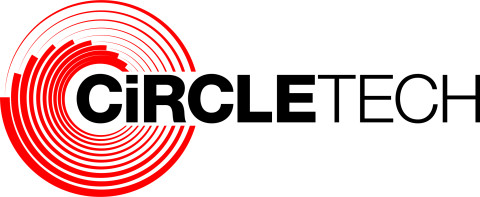
CONFERENCE SCHEDULE
| Tuesday 6th | Wednesday 7th | Thursday 8th | |
|---|---|---|---|
| 9:00-11:00 |
Conference opening Keynote session 1 |
Keynote session 3 | Special sessions - Part 1 |
| 11:00-11:30 | Coffee break | Coffee break | Coffee break |
| 11:30-13:00 | Keynote session 2 | Keynote session 4 |
Paper session 5 Special sessions - Part 2 |
| 13:00-14:00 | Lunch | Lunch | Lunch |
| 14:00-15:30 | Paper session 1 | Paper session 3 | Paper session 6 |
| 15:30-16:00 | Coffee break | Coffee break | Coffee break |
| 16:00-17:00 | Paper session 2 | Paper session 4 | Technical visit |
|
Evening |
Welcome reception Cruise on M/S Camilla |
Gala dinner Restaurant Kehruuhuone |

